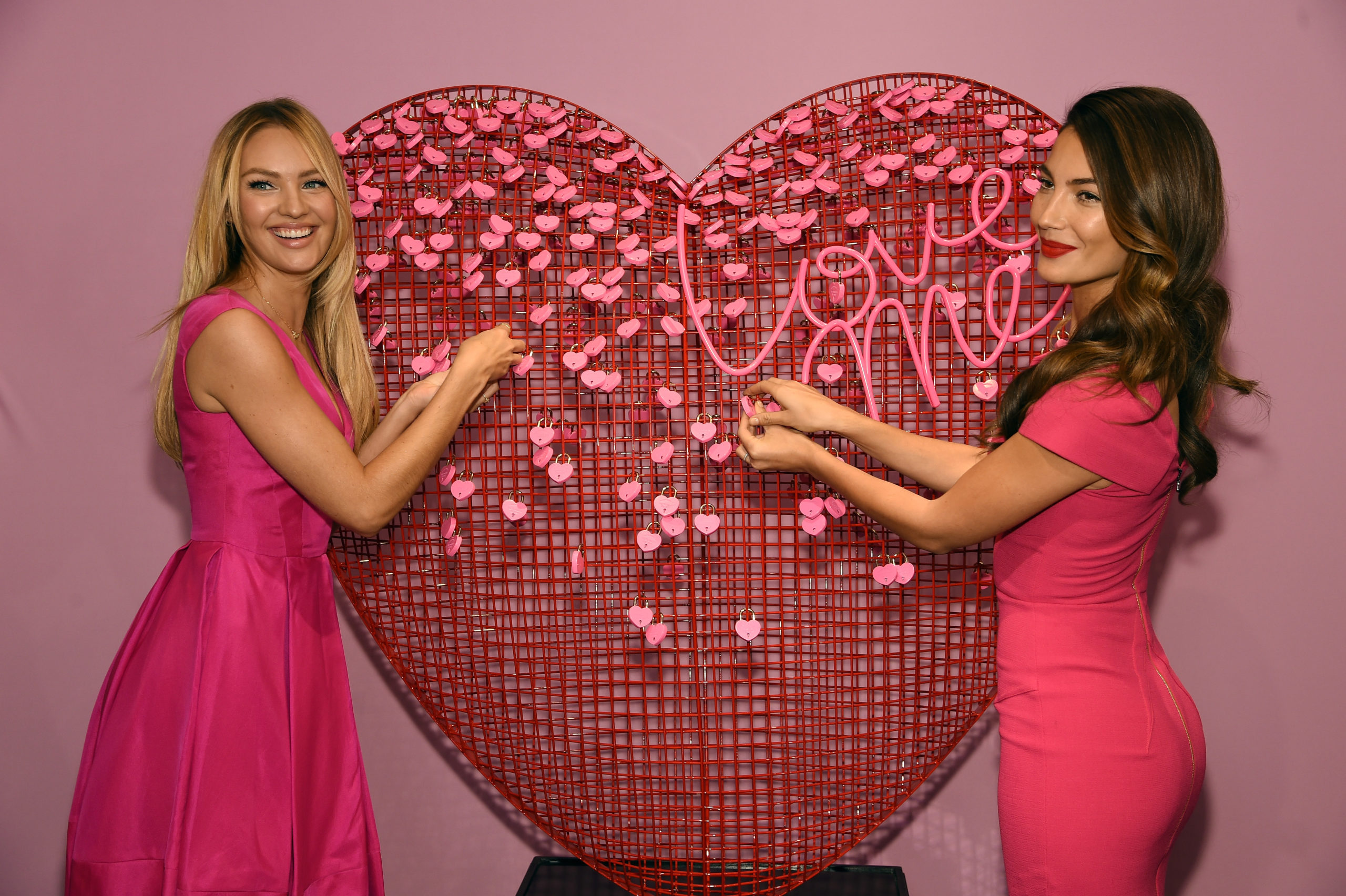This might come as a shock to anyone living in a liberal city, but sex sells … really well.
When Victoria’s Secret was at its prime, the people running the company understood the mission was to sell its lingerie, not genuflect to the new progressive religion. Their current pursuit of inclusiveness loses the point of what the brand represents, and it’s the reason they are bleeding money despite sacrificing the Victoria’s Secret Angels to woke gods who despise beauty.
Think you know us? Meet the new Victoria’s Secret. Learn More: https://t.co/hj5iIw7EcN pic.twitter.com/46FvPwTFQ2
— Victoria’s Secret (@VictoriasSecret) June 28, 2022
“When the world was changing, we were too slow to respond,” Martin Waters, appointed chief executive of the brand in February, told the N.Y. Times in June 2021. “We needed to stop being about what men want and to be about what women want.” Martin’s plan was to include the typical progressive characters constantly screaming for women’s empowerment (despite looking increasingly masculine), like U.S. soccer player Megan Rapinoe and biological male model Valentina Sampaio, in a revamped runway show.
In the glowing Times’ piece celebrating the decision to move away from the company’s sex appeal, Rapinoe called the company’s previous business model a “really harmful” message for young women. It wasn’t because she believed women should save themselves for marriage and guard their sex honorably. Rapinoe didn’t like the brand because it was a “patriarchal, sexist, viewing not just what it meant to be sexy but what the clothes were trying to accomplish through a male lens and through what men desired.” Translation: men found these women sexy, which just isn’t okay to her.
The plan predictably backfired.
“Despite everyone’s best endeavours, it’s not been enough to carry the day,” Waters lamented. Victoria’s Secret is on track to lose more money after the rebrand than before its new inclusive runway show. The company expects to lose over $1 billion in revenue in the 2023 fiscal year. Again, not to shock the progressives, but no one wants to buy lingerie that “looks good” on men.
What people like Rapinoe and Waters get wrong is that the VS Angel was never meant to be an attainable aesthetic. The Angels were the height of beauty and sex appeal. Not even every model in the industry could become an Angel, and the women purchasing their products understood that. The idea sold to women was: “Buy our product because the most beautiful women in the world are wearing it.” (ROOKE: Let Britney Spears’ Story Be A Lesson — Stay Away From Selfish, Sex-Crazed Men)

NEW YORK, NY – FEBRUARY 05: Victoria’s Secret Angels Candice Swanepoel (L) and Lily Aldridge celebrate Valentine’s Day In-Store at Victoria’s Secret, Herald Square on February 5, 2015 in New York City. (Photo by Dimitrios Kambouris/Getty Images for Victoria’s Secret)
It was simple but highly effective until angry women with terrible body images ruined it for everyone.
At the end of the day, it’s a wise business practice to provide products for a wide range of body types. All women want to feel beautiful, sexy, and desirable. Victoria’s Secret didn’t have a patriarchy problem dragging down sales. The company simply stopped selling its product well. While beautiful women still graced the runway, the store front and website failed to update. Women want beauty, not to walk into a store that feels like they walked into an early 2000s time portal — like looking back at regret every time you cross its threshold.
For decades, society and institutions—including ours—defined very narrow expressions that represented beauty, sexiness, and self-worth for women. The truth is the only person who can genuinely define a woman is herself. Tell us, what makes you #Undefinable? pic.twitter.com/FtxiiIBWXS
— Victoria’s Secret (@VictoriasSecret) October 3, 2022
Whether the brand can recover from the years it was lost wandering the progressive desert remains to be seen. It’s at a disadvantage. Woke trolls paraded the company’s skin around as a trophy for so long it will be hard for normal women to relate to the brand. You can’t expect women to see themselves in a product worn by a mentally ill man pretending to be a woman. Still, if it’s able to recover, it will be because it brought back beauty.
Mary Rooke is a reporter at the Daily Caller.
The views and opinions expressed in this commentary are those of the author and do not reflect the official position of the Daily Caller.


